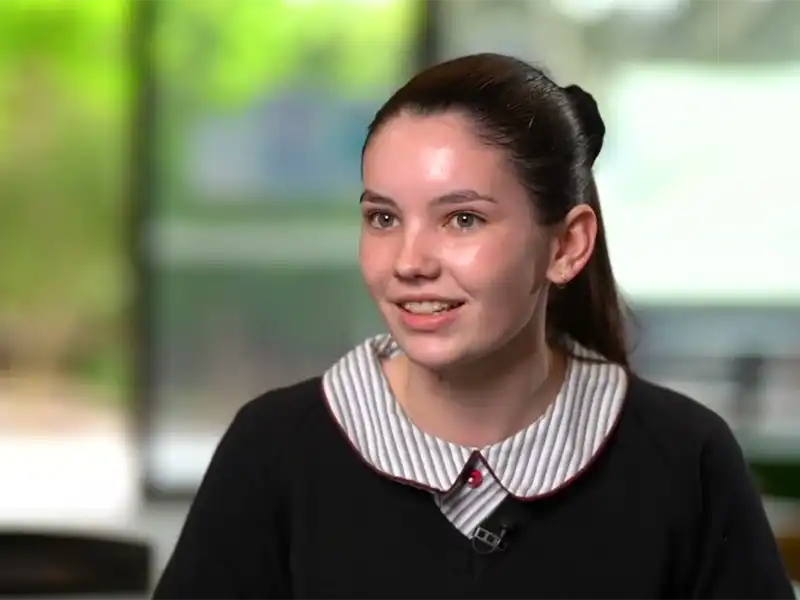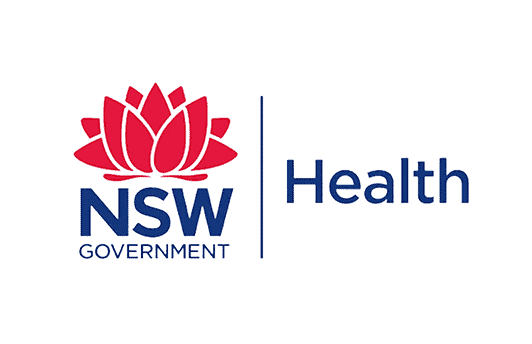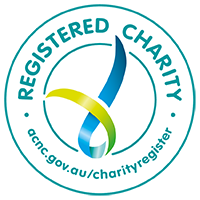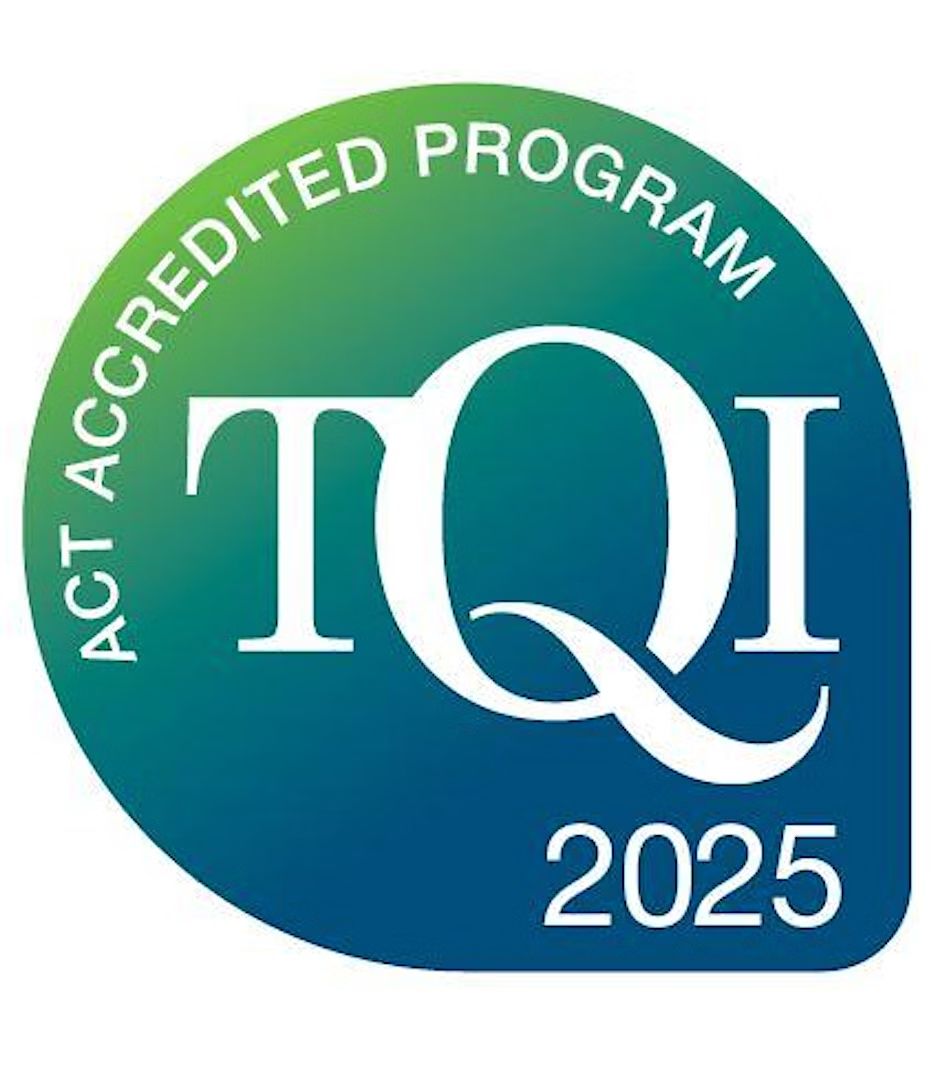Student and staff at Mamre Anglican College, in Sydney’s west, talk about how the Peer Support Program has made an impact at their high school. New connections have been formed between the year groups and the students have enjoyed the new relationships and leadership skill development.
Nick Briffa, Principal, Mamre Anglican School: We were looking for a program here that I suppose was really based on relationships. We understand that student wellbeing is the core of what we do here. Relationships are at the core of student wellbeing. So any kind of program that builds those relationships, not only between teachers and students, but between students and students as well, is a really important program.
The Peer Support Program is a really good opportunity for our younger and older students to form some really positive connections. For our youngest students that means that out in the playground they’ve got someone else that they can talk to. For our older students it just gives them a sense of responsibility that they’ve got another person they know in the junior school. They’ve got another person that they can look after and it’s kind of like a sibling relationship at the end of the Program. They have a really close bond. And I think that’s a lovely thing moving through high school.
Chris McKenzie, Year 10 Coordinator: The Peer Support Program empowers Year 10 students because it helps them to step up and be leaders in the world today. Culture around them, pushes them and encourages them to not take the responsibility that they should. And this program shows them that they are leading Year 7 students to be functional members of the school – encouraging people in the school to make the place a better place. These Year 7 students have people they can look up to, follow, and become those students in the school to make this school the place that it can be. So the different skills in the program that you get to learn are things like communication, understanding things like resilience, understanding how the machine of school works – and so how I can fit in and use my abilities, use my gifts – but also to unlock gifts and abilities I didn’t know I had to be able to get through this thing called school.
So there’s one student who had a very difficult run from Year 7 to about Year 9. And then towards the end of Year 9, when introduced to the Peer Support Program, he recognised that he wanted to be the person to help people (like) he was in Year 7. And so he started becoming more responsible, taking ownership of his actions, reflecting on his behaviour, and trying to be that person for younger people to look up to.
Holly, Peer Leader (Year 10): So the skills I learned while being a Peer Support Leader – obviously leadership, as it was a leadership role. And I really learnt how to build my confidence up, and I learnt how to speak more properly and more engaging to kids. I used to be very blunt. But now I actually know how to engage the audience, and I guess just make them enjoy their time. I had a lot of fun with that. We got to get to know them. We got to help build their skills and confidence and just really ease them into Year 7.
Javier, Peer Leader (Year 10): School for me, before I took on this position was a bit difficult I guess because I’m not very good academically. I was able to help some Year 7s, I think (with) confidence and build connections with other students. And it’s really, really important for me, I guess, for my own sake to try to help them be better. Because I know what I was like in Year 7 and I wasn’t the best to be honest. So I know where they’re coming from, so I can help them improve more than other people I guess. So they got to know when to focus and when they can have fun. I do still have relationships with a lot of these Year 7s. I see them walk past, down the hall, stadium, and we always chat. I always give them a high five. I give them a hug if they want it. But it’s really nice because they know they can come to me for whatever they need. They know that they can trust me.
Harper, Peer Support Participant (Year 7): The Peer Support Program helped me adapt to high school because (the Peer Leaders) helped me get around the school when I was lost and I knew I could always go to them when I had a problem or I was struggling with maybe studying or being organised. I just felt like I could talk to them about anything. And if I was really struggling a lot in school, I could always go to them and they can just tell me you know, like it’s going be okay and they can also help me with like, just like the insides of high school and some tips and tricks to help.
Lorelai, Peer Support Participant (Year 7): The Peer Support was great because it was like someone else that wasn’t a teacher, because there was a lot of peers in my class that necessarily wouldn’t want to go to the teacher and would rather just go to someone closer to our age and has had our experience.
Chris McKenzie, Year 10 Coordinator: In the long term, these kids now have skills that they can apply to different situations, not just school. But they can apply to the workforce, they can apply to the home life. And they also have the ability to reflect.
Nick Briffa, Principal, Mamre Anglican School: I think any program that encourages positive relationships between students of different age groups is going to help the younger students, you know, feel part of the school, feel part of the school fabric, be able to relate to other people in the older groups, and just make their experience at school much more positive.
Holly, Peer Leader (Year 10): It really brings the school together as a whole, rather than it just being separate cohorts. It really just unifies the school into a greater community than what it already is. And I think the Peer Support Program has been really beneficial in that.
Javier, Peer Leader (Year 10): It has impacted my schoolwork a lot actually. Yeah, my grades have improved. My focus and work ethic in class has definitely improved. I think nearly all of my teachers have seen a good improvement and have told me that I’ve been doing really good and how I’ve improved this year. So I’m a bit happy with that. Thank you very much.




